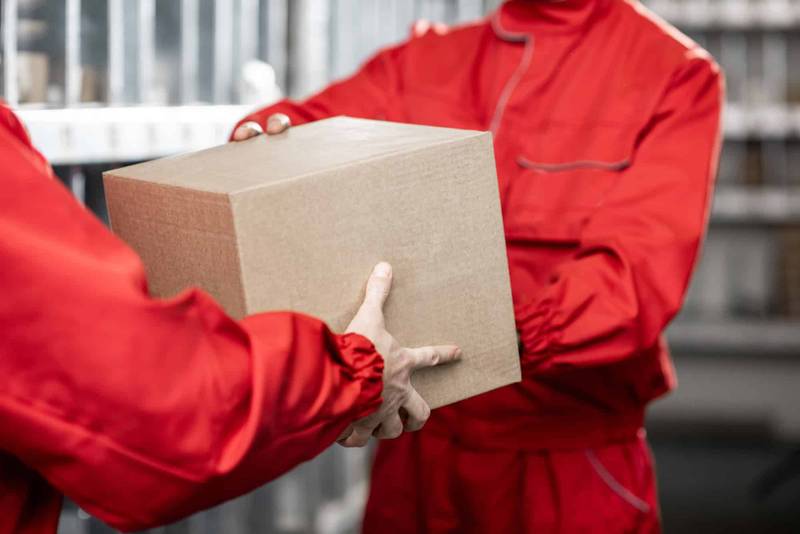High-humidity environments are common in many parts of Africa, presenting unique challenges for industrial tape applications. From frequent exposure to moisture to temperature fluctuations, tapes must maintain their adhesion and durability to ensure operational success in industries like construction, automotive, and energy.
Selecting the right industrial tape for high-humidity conditions is essential for long-lasting performance, cost efficiency, and reliability.
This guide explores the critical factors to consider and recommends the best types of industrial tape for challenging humid environments.
Why High-Humidity Conditions Challenge Industrial Tape
1. Adhesion Failure: Moisture can weaken adhesives, causing tapes to lose grip on surfaces.
2. Degradation: Prolonged exposure to humidity can lead to tape breakdown or delamination.
3. Mold and Corrosion: Damp conditions promote mold growth or accelerate corrosion on sensitive surfaces.
Key Factors to Consider in Tape Selection
1. Moisture Resistance
Choose tapes specifically designed to repel water and maintain adhesion even in wet conditions.
What to look for:
• Waterproof adhesives to prevent degradation.
• Hydrophobic backings like polyethylene or PVC.
2. Temperature Stability
High-humidity areas often experience fluctuating temperatures, so the tape must remain stable under varying conditions.
What to look for:
• Adhesives that perform in a broad temperature range.
• Resistance to both heat and cold to prevent warping or shrinking.
3. Anti-Corrosion Properties
Tapes used on metal surfaces must prevent rust and corrosion caused by trapped moisture.
What to look for:
• Anti-corrosion coatings or adhesives.
• Vapor barrier properties to block moisture penetration.
Recommended Types of Industrial Tape for High-Humidity Environments
1. Butyl Tape
Best for: Sealing and waterproofing applications.
Features:
• Excellent moisture resistance and airtight sealing properties.
• Highly flexible, adapts to uneven surfaces.
• Performs well in extreme humidity and varying temperatures.
Applications: Roofing, HVAC systems, and water-resistant sealing.
2. PVC Tape
Best for: General insulation and bundling in damp conditions.
Features:
• Resistant to moisture and abrasion.
• Provides excellent electrical insulation.
• Durable and suitable for outdoor use.
Applications: Cable insulation, wire bundling, and general-purpose sealing.
3. Aluminum Foil Tape
Best for: Thermal insulation and vapor barrier applications.
Features:
• Reflects heat and prevents moisture penetration.
• Strong adhesive bond, even on irregular surfaces.
• Resistant to corrosion and UV damage.
Applications: Duct sealing, pipe insulation, and building vapor barriers.
4. EPDM Foam Tape
Best for: Sealing gaps in high-humidity environments.
Features:
• Excellent resistance to water and weather.
• Compressibility for tight seals in windows or doors.
• Withstands exposure to UV and ozone.
Applications: Window sealing, automotive weatherproofing, and HVAC systems.
5. Double-Sided Acrylic Tape
Best for: Bonding in humid and high-temperature conditions.
Features:
• High adhesion to various substrates, including glass and metal.
• Maintains strength in wet environments.
• Flexible and easy to apply.
Applications: Bonding panels, fixing trims, and mounting in humid conditions.
Tips for Using Industrial Tape in Humid Conditions
1. Prepare Surfaces Properly: Clean and dry surfaces thoroughly to maximize adhesion.
2. Apply with Pressure: Use consistent pressure to ensure a strong bond.
3. Store Tapes Correctly: Keep tapes in a dry, cool place to preserve adhesive quality.
4. Test Before Use: Always test tape performance under real-world conditions to ensure compatibility.
Real-World Example: Industrial Tape in Coastal Construction
A construction firm in Ghana struggled with adhesive failure when sealing windows in coastal buildings. Switching to butyl tape solved the issue by providing long-lasting, waterproof seals, reducing maintenance needs by 40% and improving customer satisfaction.
Conclusion
Choosing durable industrial tape for high-humidity environments is crucial for ensuring long-term reliability and performance. By selecting moisture-resistant, temperature-stable, and anti-corrosion tapes, engineers and buyers can address the challenges posed by humid conditions effectively.
Industrial tapes tailored for high-humidity applications can transform operations, making them an essential tool for industries across Africa.






